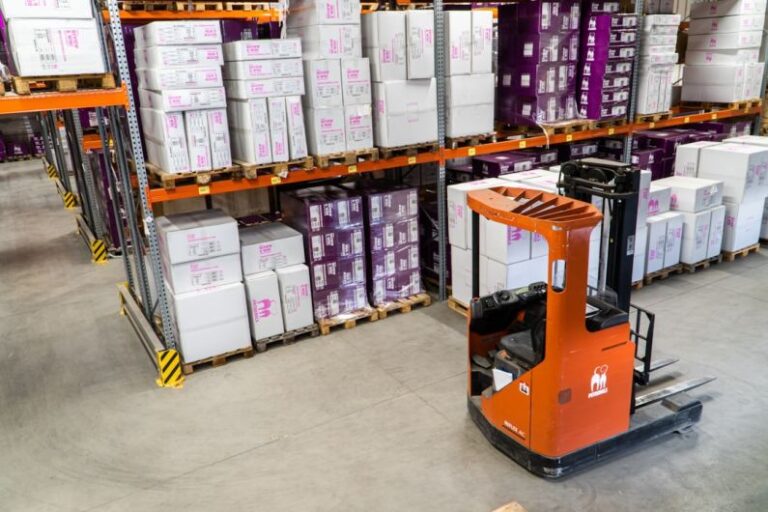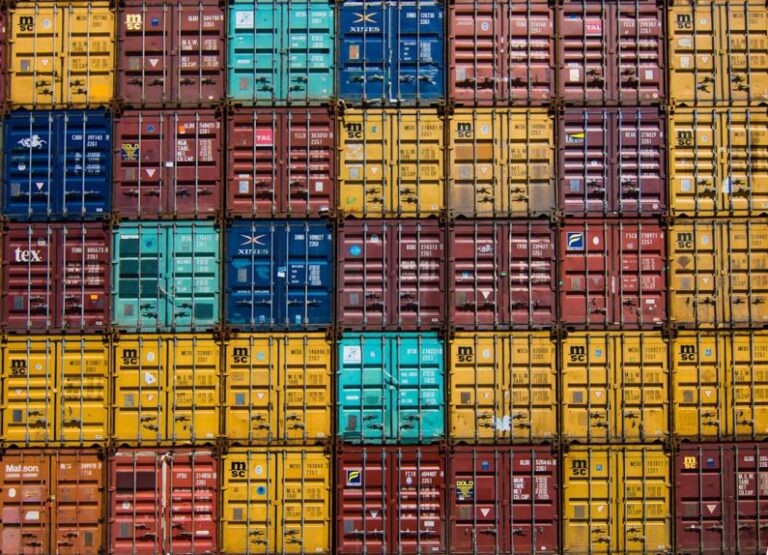Reducing Waste in Your Logistics Operations
In today’s fast-paced and competitive business environment, reducing waste is crucial for optimizing efficiency and staying ahead of the competition. When it comes to logistics operations, waste can manifest in various forms, including excess inventory, inefficient transportation routes, and unnecessary packaging. By implementing strategies to minimize waste in your logistics operations, businesses can streamline processes, reduce costs, and improve overall sustainability. In this article, we will explore practical ways to reduce waste in your logistics operations and achieve operational excellence.
**Streamline Inventory Management**
Effective inventory management is key to reducing waste in logistics operations. Excess inventory ties up valuable resources, leads to storage costs, and increases the risk of obsolescence. By implementing just-in-time inventory practices and utilizing inventory management software, businesses can optimize stock levels, reduce carrying costs, and improve overall efficiency. Regularly reviewing demand forecasts and collaborating closely with suppliers can help ensure that inventory levels align with actual customer demand, minimizing waste and maximizing profitability.
**Optimize Transportation Routes**
Inefficient transportation routes can significantly contribute to waste in logistics operations. Suboptimal route planning not only increases fuel consumption and transportation costs but also leads to delays and inefficiencies in the supply chain. By utilizing route optimization software and leveraging real-time data, businesses can identify the most efficient routes, reduce fuel consumption, and minimize carbon emissions. Consolidating shipments and implementing cross-docking practices can further streamline transportation operations, reduce waste, and improve overall sustainability.
**Embrace Sustainable Packaging Practices**
Packaging waste is a significant concern in logistics operations, contributing to environmental pollution and increasing disposal costs. Embracing sustainable packaging practices is crucial for reducing waste and minimizing the environmental impact of logistics operations. Switching to eco-friendly packaging materials, such as biodegradable and recyclable options, can help reduce waste and demonstrate a commitment to sustainability. Additionally, implementing packaging optimization strategies, such as right-sizing packages and minimizing excess packaging materials, can further reduce waste and lower shipping costs.
**Implement Lean Principles**
Lean principles focus on eliminating waste and optimizing processes to improve efficiency and create value for customers. By applying lean principles to logistics operations, businesses can identify and eliminate non-value-added activities, streamline workflows, and enhance overall productivity. Implementing practices such as 5S (Sort, Set in order, Shine, Standardize, Sustain), value stream mapping, and continuous improvement can help reduce waste, enhance operational efficiency, and drive sustainable growth.
**Foster Collaboration Across the Supply Chain**
Collaboration across the supply chain is essential for reducing waste in logistics operations. By fostering strong relationships with suppliers, manufacturers, and distributors, businesses can streamline processes, improve communication, and identify opportunities for waste reduction. Collaborative forecasting, sharing real-time data, and implementing vendor-managed inventory programs can help align supply chain activities, minimize waste, and enhance overall efficiency. By working together with partners and stakeholders, businesses can create a more agile and responsive supply chain that is better equipped to adapt to changing market conditions and customer demands.
**Conclusion: Driving Operational Excellence through Waste Reduction**
Reducing waste in logistics operations is a critical aspect of driving operational excellence and achieving sustainable growth. By streamlining inventory management, optimizing transportation routes, embracing sustainable packaging practices, implementing lean principles, and fostering collaboration across the supply chain, businesses can minimize waste, improve efficiency, and enhance overall sustainability. By prioritizing waste reduction initiatives and continuously seeking opportunities for improvement, businesses can create a leaner, more agile supply chain that is better positioned to meet customer needs and drive long-term success.






